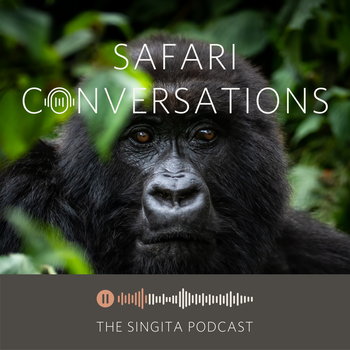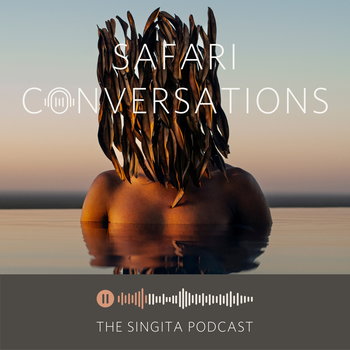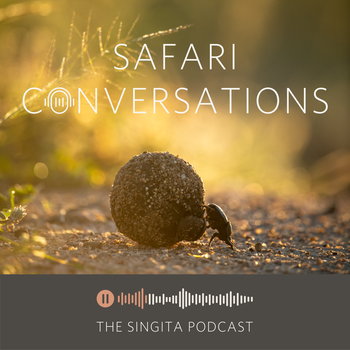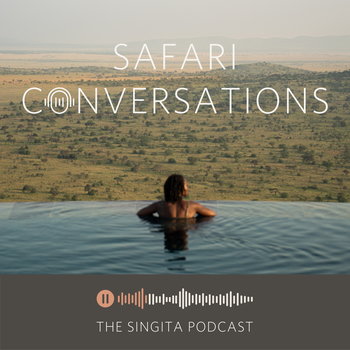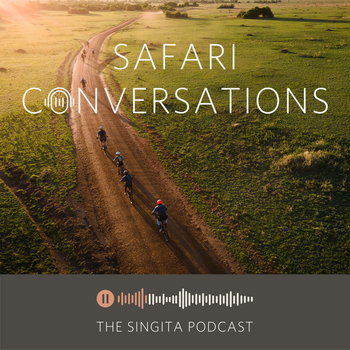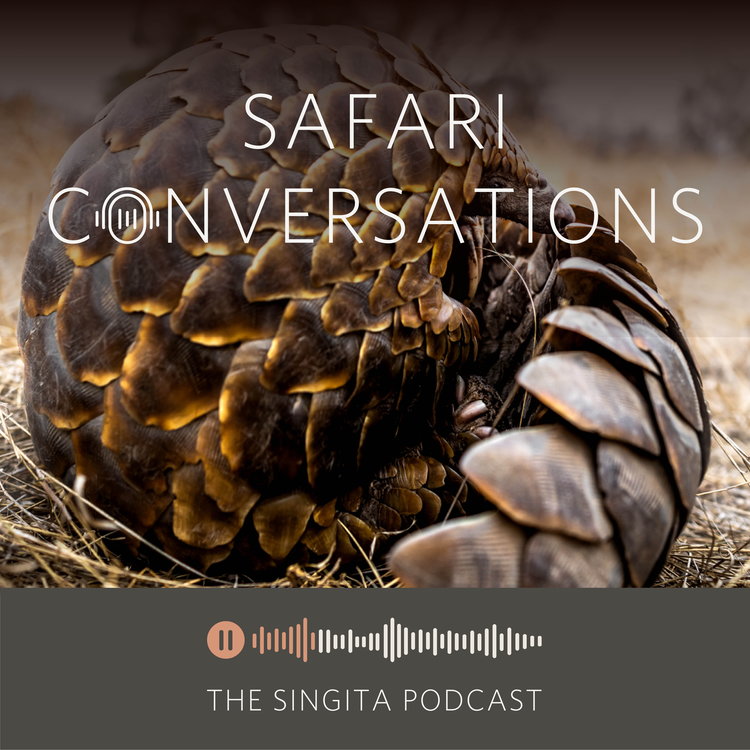
Saving a Species: Pangolin - Teaming Up with Pangolin Africa
Loading player...
A pangolin is poached from the wild every five minutes. It's reached a tipping point and if we don’t act now, they could disappear in our lifetime. So little is known about this enchanting, solitary mammal covered in scales, yet they’ve quickly become the world’s most trafficked mammal.
The IUCN lists the four Asian species as critically endangered, while the four African species, endangered. All face extinction because of the illegal trade – poached for their scales for Asian medicine; or bush meat in Africa; or a delicacy in Asia. Electrocution (fences) and habitat loss also contribute to the decline.
Not many people have seen a pangolin in the wild (let alone spent 365 days with one, like our guest has).
Singita Sabi Sand Field Guide, Lucy Stofberg, chats to Donald Davis (Programme Coordinator at Pangolin.Africa) about a species in crisis. What makes pangolins special, why they're facing extinction, and how we can help? Donald's work is crucial. From rehabilitating pangolins in their natural habitat, to a swift return to the wild. He also deals with pangolins rescued from poachers. The NGO is working to create a pangolin-safe fence, and runs a telephone alert system (Pangolert).
Singita, and other ecotourism operators, have teamed up with Pangolin.Africa to make the 15-minute Pangolin Guardian course available to any staff. Whether you’re a blogger, lodge owner, ranger, teacher, or CEO there are many ways you can get involved. Educating young children is key to saving pangolins.
When you donate you help rescue and rehab efforts, ensuring that pangolins are treated, and released. That’s what “teaming up to save a species’’ means.
https://www.pangolin.africa/donate
Lucy and Donald share stories of their memorable sightings from South Africa to the Congo Basin. Tune in to this fascinating discussion about pangolin conservation.
The IUCN lists the four Asian species as critically endangered, while the four African species, endangered. All face extinction because of the illegal trade – poached for their scales for Asian medicine; or bush meat in Africa; or a delicacy in Asia. Electrocution (fences) and habitat loss also contribute to the decline.
Not many people have seen a pangolin in the wild (let alone spent 365 days with one, like our guest has).
Singita Sabi Sand Field Guide, Lucy Stofberg, chats to Donald Davis (Programme Coordinator at Pangolin.Africa) about a species in crisis. What makes pangolins special, why they're facing extinction, and how we can help? Donald's work is crucial. From rehabilitating pangolins in their natural habitat, to a swift return to the wild. He also deals with pangolins rescued from poachers. The NGO is working to create a pangolin-safe fence, and runs a telephone alert system (Pangolert).
Singita, and other ecotourism operators, have teamed up with Pangolin.Africa to make the 15-minute Pangolin Guardian course available to any staff. Whether you’re a blogger, lodge owner, ranger, teacher, or CEO there are many ways you can get involved. Educating young children is key to saving pangolins.
When you donate you help rescue and rehab efforts, ensuring that pangolins are treated, and released. That’s what “teaming up to save a species’’ means.
https://www.pangolin.africa/donate
Lucy and Donald share stories of their memorable sightings from South Africa to the Congo Basin. Tune in to this fascinating discussion about pangolin conservation.

